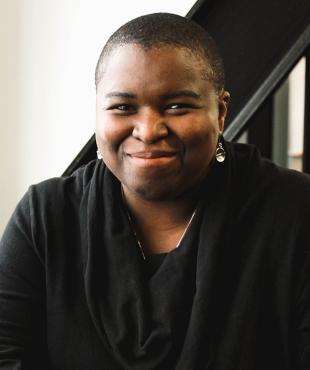Skills for Conducting Psychotherapy with Chronically Distressed Persons
Course Number: 43800
Course Description
Dialectical Behavior Therapy (DBT) is an empirically supported treatment originally developed for persons who struggle with suicide and/or parasuicide. It is a comprehensive treatment regimen focusing on the transformation of behavior responses to intrapersonal, interpersonal and environmental factors contributing to problems related to impulsivity, emotional lability, cognitive dysregulation and interpersonal chaos. Due to its success treating various psychiatric populations, DBT is now considered effective with persons who engage in any behavior where the function of the behavior is to avoid or escape aversive thoughts and/or emotions.
DBT was one of the first cognitive behavior therapies to integrate mindfulness, acceptance and willingness into treatment regimens that traditionally focus on change and control. It is therefore considered a pioneering therapy in what is now called the "third wave" in behaviorism. This class is intended to provide students with advanced training in the principles and practice of DBT. To that end, via lecture, experiential exercises, roleplay and a self-change project, participants will be exposed to the four components of DBT: Skills Training, Individual Therapy, Telephone Consultation and the Consultation Group. However, a basic tenet of DBT is that therapists should not expect their clients to engage in behaviors and activities they are unwilling to do. Therefore, emphasis in this class will be place on experiential knowledge. Therefore, interested participants will be expected to make a basic set of commitments that expose them to many of the emotional reactions experienced by their future clients. In addition to a self-change project, participants will commit to complete a diary card and practice mindfulness on a daily basis. Other learning activities include co-facilitating and participating in a skills group, a DBT individual therapy session and a consultation group.
Requirements Filled
Clinical Concentration: All Clinical Classes
AODA: Alcohol and Other Drug Abuse Program Courses
Learning Contextual Behavior Practice Program Course
Professors and Lecturers Who Teach This Course
Note: Courses are subject to change at any time. Please check MyCrownSchool for the quarters, days, and times that courses will be held, as well as room numbers.

